HebRood Insights
Whether you’re just discovering the Hebrew Roots of your faith or you’ve been diving deep for a long time, sometimes Michael Rood may use a Hebrew term you’ve never heard before.
Hebrew GLOSSARY
Here are some of the most common terms used in A Rood Awakening International teachings
Is there a Hebrew term you’ve heard but don’t understand?
Email us at michael@michaelrood.tv and we’ll add it to the glossary!
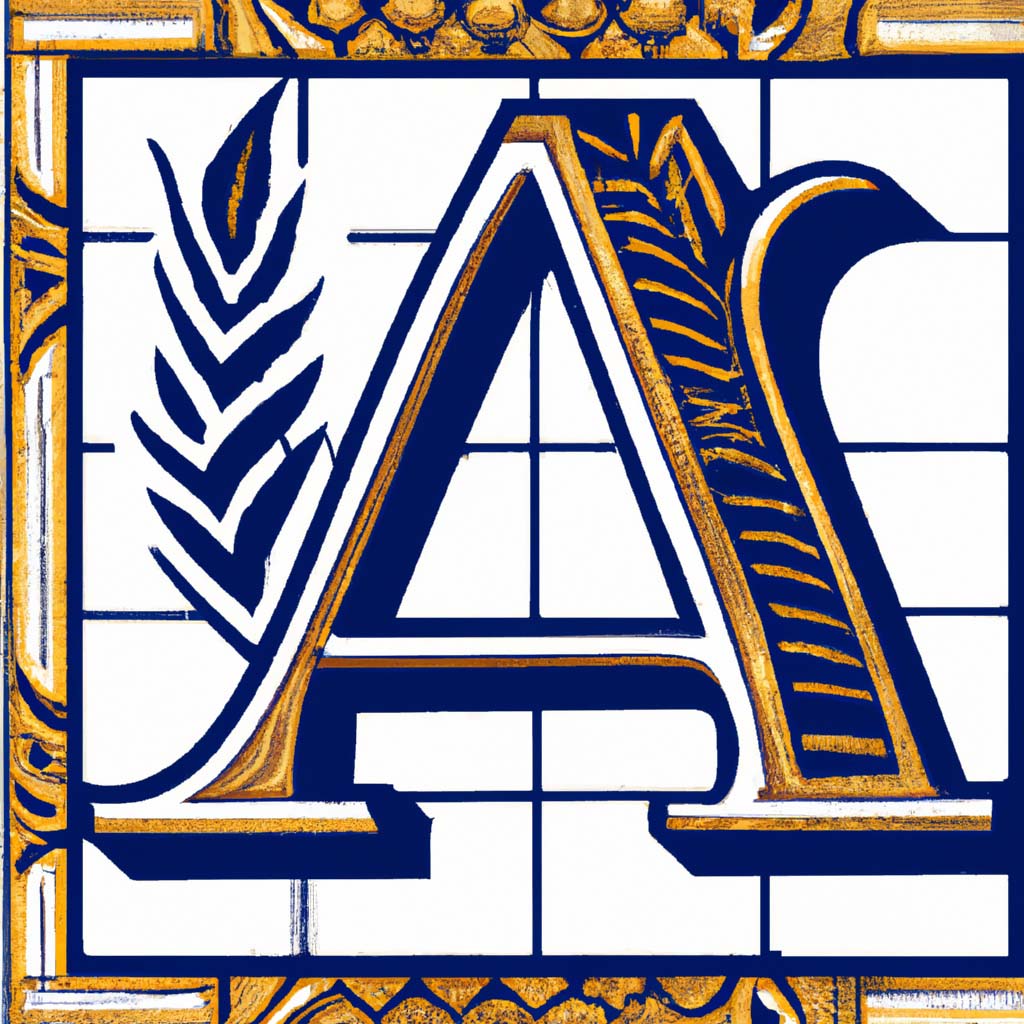
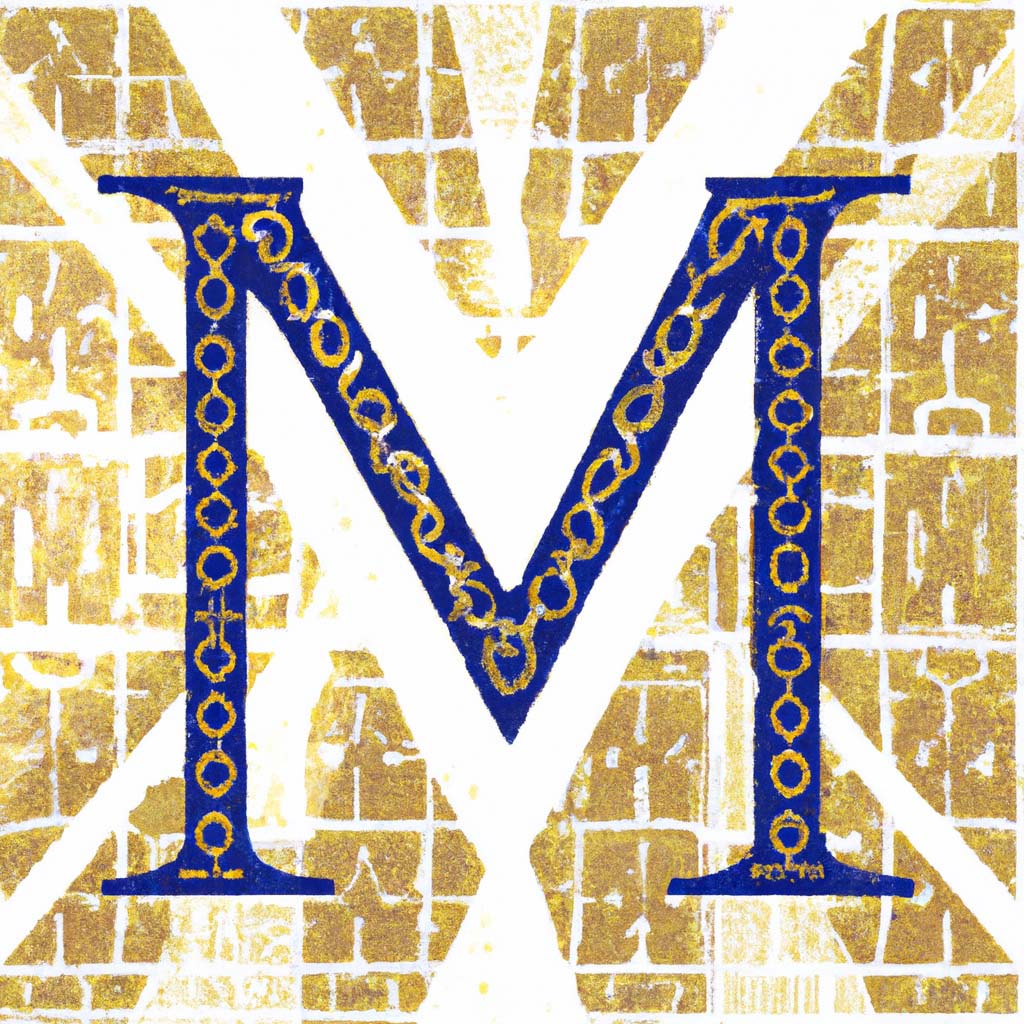
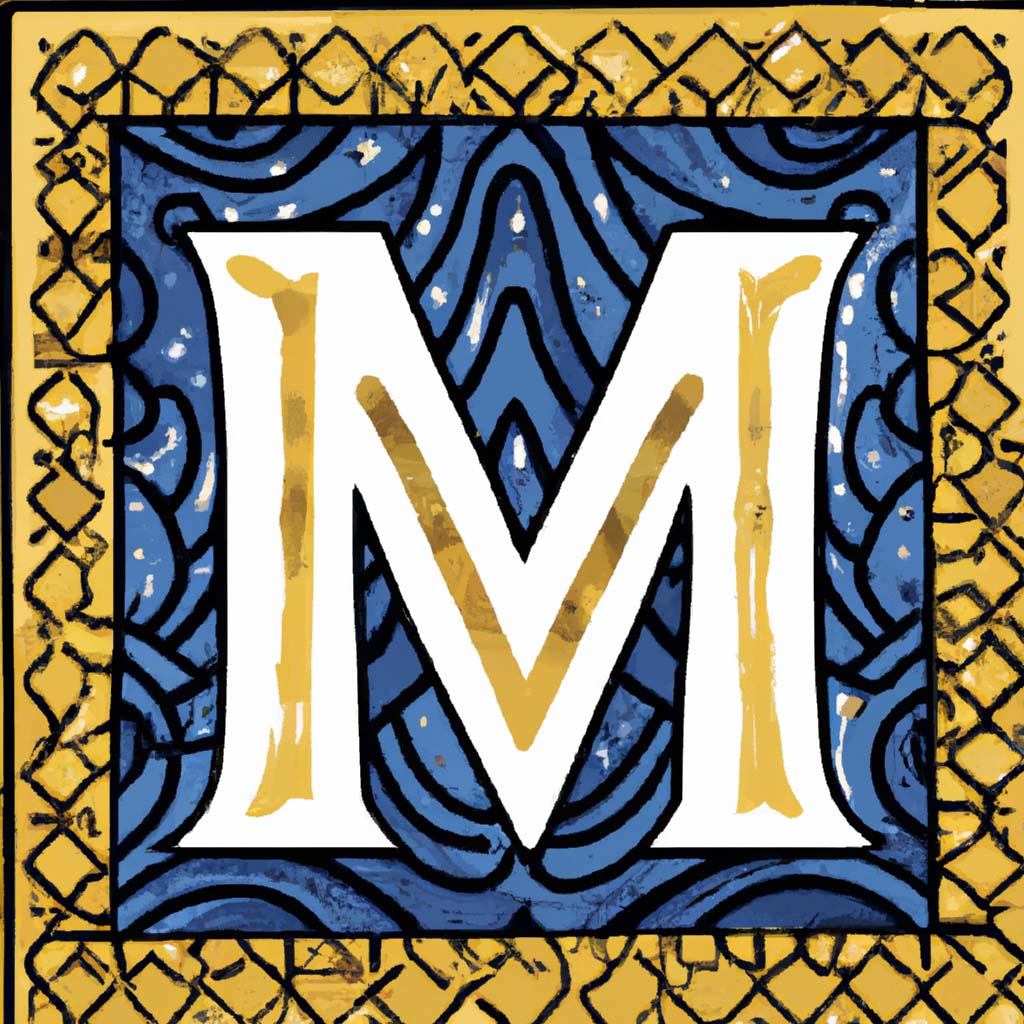
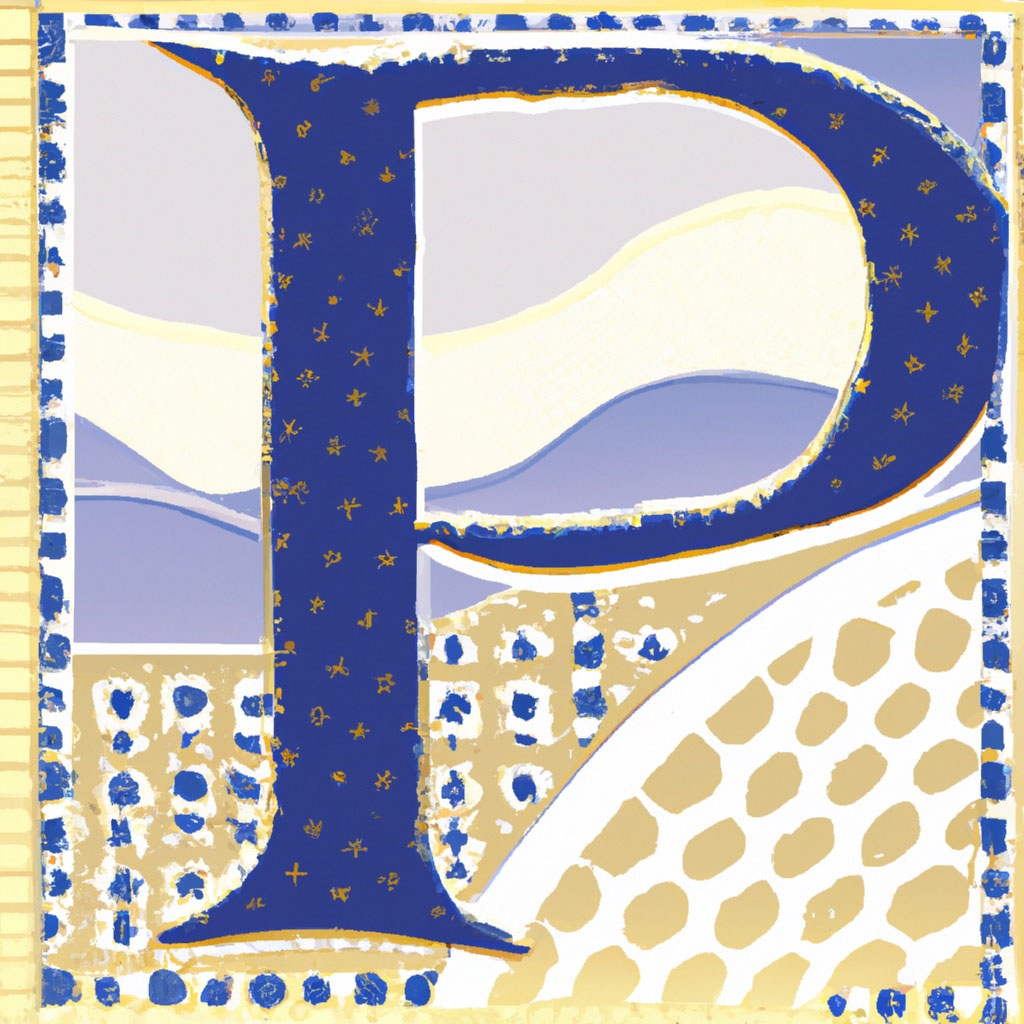




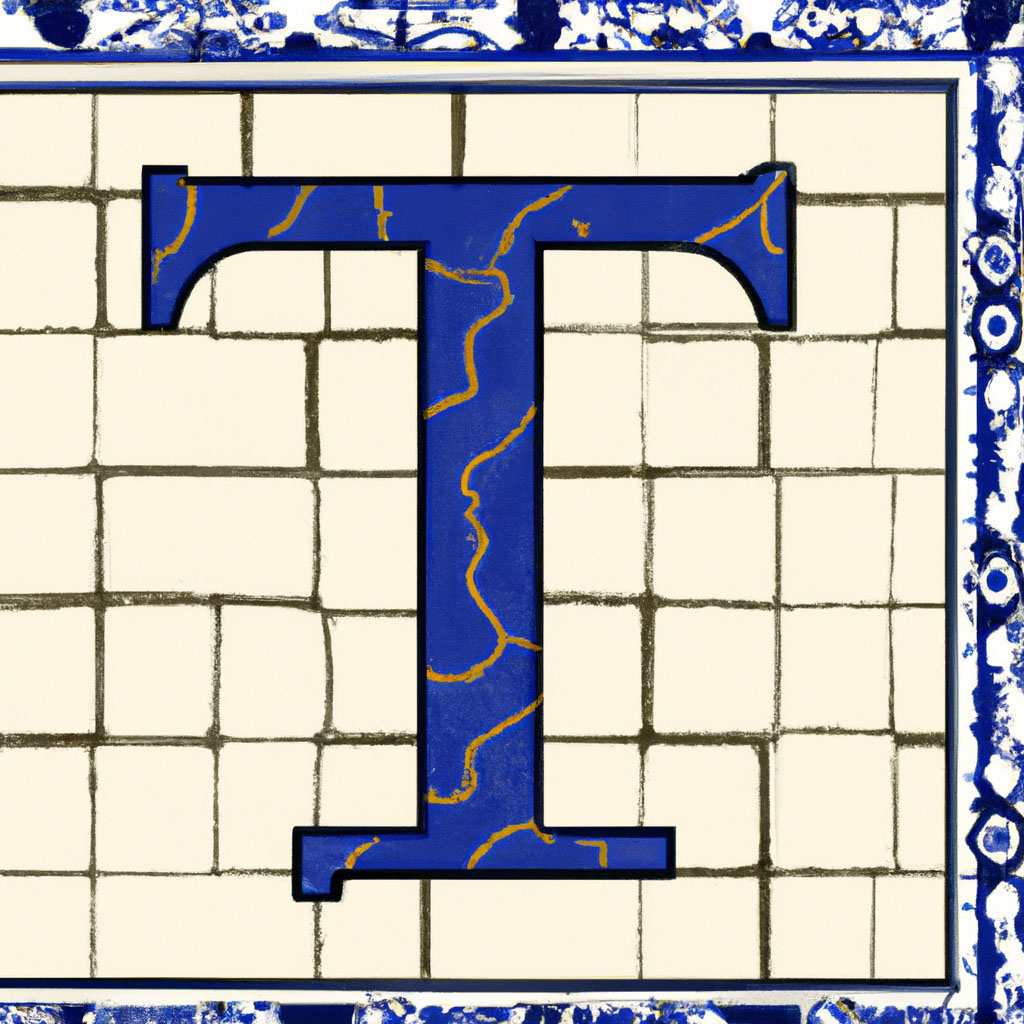
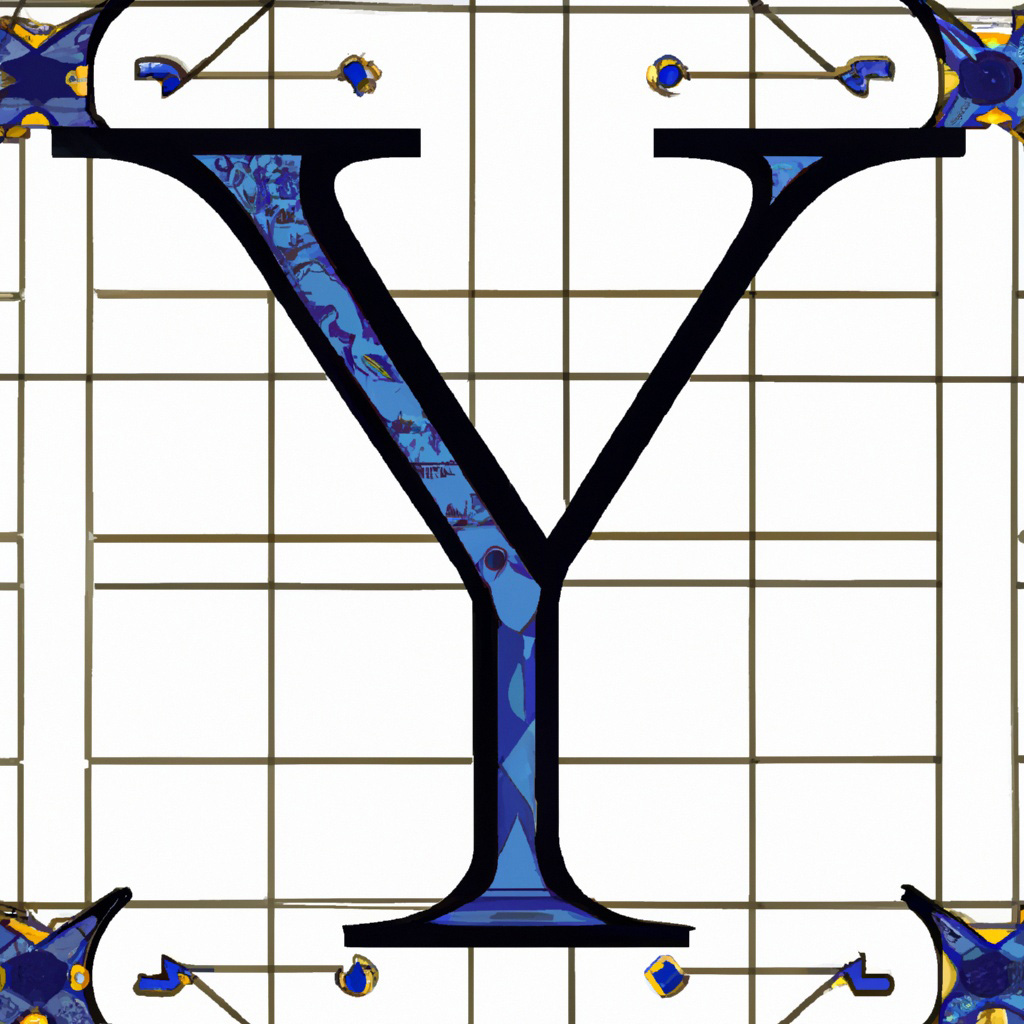
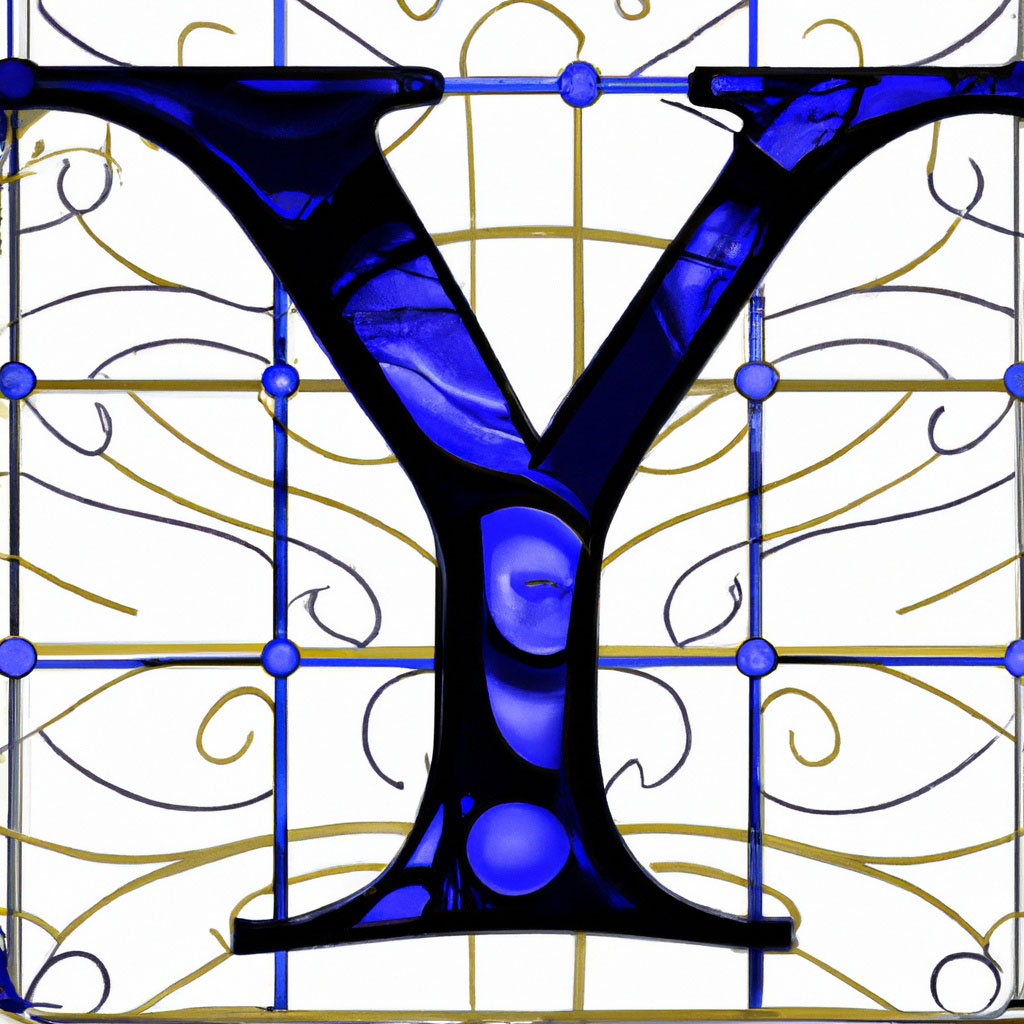
Hebrew Insights
Knowing the Hebrew words behind our biblical texts enhances our understanding.

More Than a Word: The Meaning of a Name in Hebrew Thought
In various Hebrew passages we also find the expressions shem tov and shem ra—meaning “good name” and “bad name,” respectively—both referring to a person’s character and reputation. According to the dictionary of our language, a name in our culture is: A word used to designate living beings or material or

The Meaning Behind the Name Noach
The word Noach means “rest.” From this same root come the name of the prophet Nahum and the town Kfar Nachum (Capernaum). One of the most emblematic figures in the Hebrew Scriptures is the man born in the tenth generation from Adam — Noach (Noah). The word Noach means “rest.”

Shamayim
The “waters” (mayim) were created in Genesis 1:1, when the Creator created the “heavens” (shamayim). In the beginning, God created the shamayim and the earth. This word, shamayim, appears in the first verse of the Scriptures and has much more richness, depth, and significance than we can appreciate in any

What Does Hallelujah Mean?
Hallelu is simply the imperative form of the verb halel and Yah is the first part of the name of the Creator. From the “elel” that is shouted in traditional Ethiopian festivals, to the sound of early instruments, to the “halleluyah” that is shouted in Pentecostal churches today- whether we know it

What Does Shavuot Mean?
The word bikurim was popularized in the Messianic movement in the wake of, “Yom haBikurim,” the day ‘after Shabbat’ The word, or rather the words, for “first fruits” here are reshit k’tzirchem, literally “the beginning of your harvest.” It may surprise many to know that in the same chapter, just a few verses